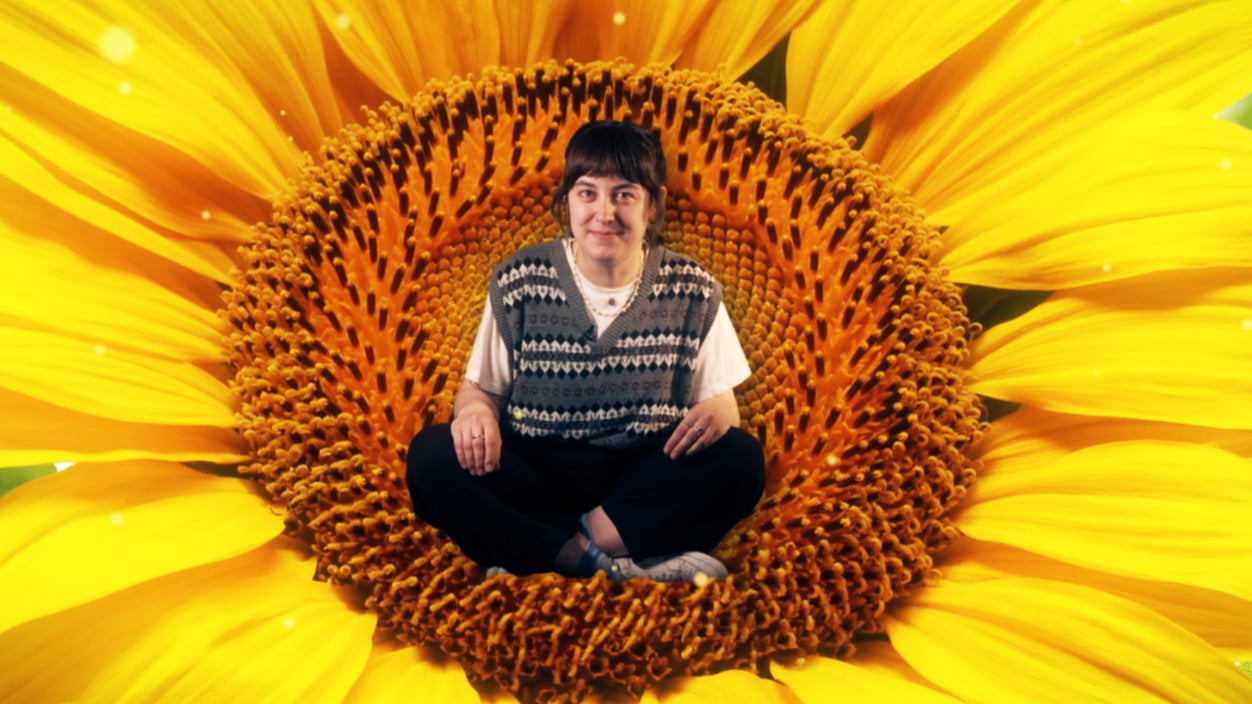Closer Look
'Boddities' is back: What's up with seasonal allergies?

STAT
Longtime STAT fans may recall when Morning Rounds pioneer (now senior news editor) Megan Thielking also appeared in videos exploring the body's oddities in a series called, naturally, "Boddities." Now STAT reporter and podcast producer Theresa Gaffney (above) is back on the beat, this time asking why we get seasonal allergies.
Scientists don't fully understand what's causing the sneezing, sniffling, and itching that plague us after winter's end, but one theory says it's probably an immune response to toxins in the natural environment that pollen also happens to trigger. Theresa explains the cascade that begins with IgE antibodies battling the pollen before calling in reinforcements in the form of mast cells. Don't despair: There are ideas of how to fight back. Watch here.
health inequity
Sickle cell disease plays a role in maternal outcomes
As drugs for sickle cell disease are now available and gene therapies are on the horizon, it may be surprising that little is known about how the disease figures into another serious outcome affecting more Black people than others: severe maternal morbidity. That umbrella term includes sepsis, heart failure, and sickle cell crises (some requiring blood transfusions) during hospital stays surrounding childbirth. Black patients are more likely to have these adverse outcomes, attributed to higher rates of preeclampsia, chronic hypertension, and pre-pregnancy diabetes.
Researchers writing in JAMA Pediatrics say sickle cell disease has been studied in maternal mortality, preeclampsia, stillbirth, and preterm delivery, but overlooked as contributing to severe maternal morbidity. Their analysis of 8.5 million deliveries concludes sickle cell disease accounted for 9% of the Black-white disparity in adverse outcomes requiring transfusion and 14% that didn't. "It is imperative to develop new interventions for SCD that consider pregnancy outcomes," they say.
health care
Gaps narrow in LGBT health coverage, not access
It wasn't that long ago that compared to other adults, LGBT people faced significantly higher hurdles to obtaining health insurance and as a consequence, health care. In 2015, two events changed the coverage landscape: passage of the Affordable Care Act and a Supreme Court ruling affirming marriage equality. A new study in Health Affairs tracking differences between LGBT adults and other adults — with or without partners — from 2013 through 2019 found that while disparities in coverage began to narrow when the ACA went into effect, disparities in access to health care persist.
From 2017 through 2019, LGBT people were equally likely to have a usual source of care, but they were more likely to say they had trouble paying medical bills. That meant they were more likely than non-LGBT peers to have delayed or gone without health care because of its cost. The gap has thinned since 2013, the researchers note.


No comments